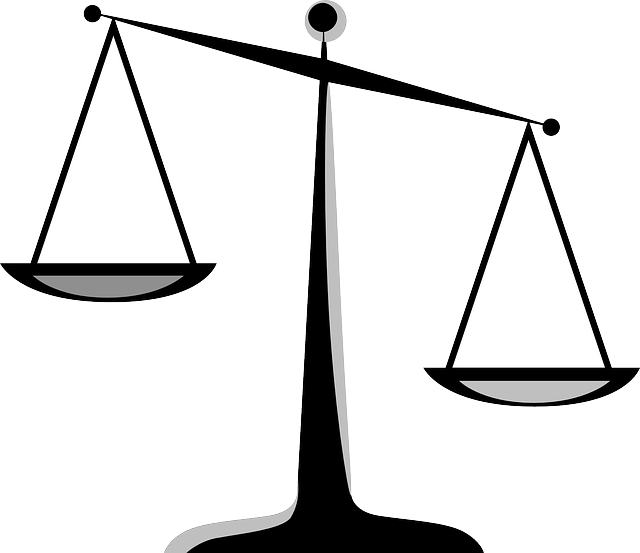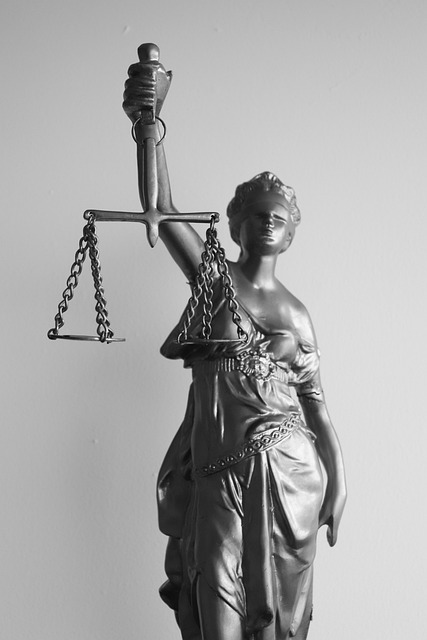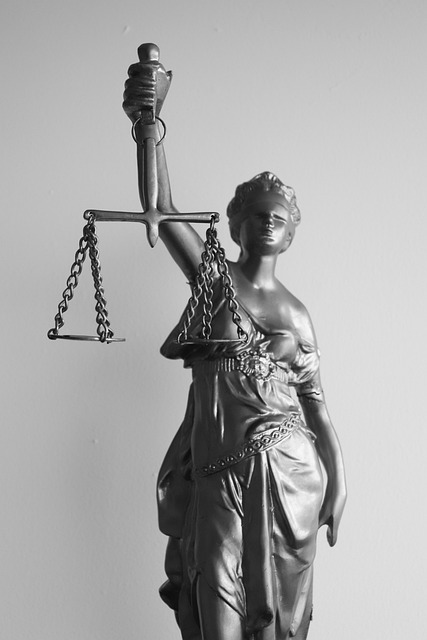The criminal procedure timeline from arrest to trial involves strict protocols for law enforcement, beginning with Miranda rights and booking processes that create permanent records. Defense strategies focus on challenging evidence admissibility and ensuring fair trials through pre-trial hearings like plea bargains and jury selection. The trial phase sees arguments from prosecution and defense presented to a judge or jury, with verdicts determining outcomes. Post-trial proceedings encompass sentencing, appeals, and rehabilitation, emphasizing justice and rights balance within the criminal justice system. Effective navigation of this timeline, from arrest to potential dismissal, hinges on meticulous record-keeping and strategic legal maneuvers.
“Criminal law enforcement is a complex process that follows a structured timeline from arrest to trial. Understanding each phase, from initial procedures like arrest and booking to post-trial phases like sentencing and appeals, is crucial for both law enforcement and individuals involved. This article offers an in-depth look at the criminal procedure timeline, exploring key components such as rights of the accused, evidence collection, plea bargains, jury selection, trial arguments, verdicts, and rehabilitation options.”
- Arrest and Booking: Initial Procedures and Rights of the Accused
- Investigation and Evidence Collection: Ensuring a Solid Case
- Pre-Trial Hearings: From Plea Bargains to Jury Selection
- Trial Process: Presenting Arguments and Deciding the Verdict
- Post-Trial Phase: Sentencing, Appeals, and Rehabilitation
Arrest and Booking: Initial Procedures and Rights of the Accused

When a person is arrested on suspicion of a crime, the initial procedures begin what’s known as the criminal procedure timeline from arrest to trial. During this stage, law enforcement officers must follow specific steps outlined by the law, including reading Miranda rights and documenting essential information. The accused has the right to remain silent, and any statements made can be used against them in court. Additionally, they have the right to an attorney, who could help protect their interests and ensure a fair trial.
The booking process involves taking fingerprints, photos, and personal items for safekeeping. This step is crucial as it creates a permanent record of the accused, which can later be referenced if needed. While in custody, individuals must be treated humanely and with respect to their rights. A general criminal defense strategy often focuses on challenging the admissibility of evidence gathered during this period, ensuring that any procedural mistakes made by law enforcement do not compromise the outcome of the case, aiming for the complete dismissal of all charges if possible.
Investigation and Evidence Collection: Ensuring a Solid Case

The success of a criminal case hinges significantly on the thoroughness and integrity of investigation and evidence collection procedures. Law enforcement agencies play a pivotal role in this phase, following a structured Criminal Procedure Timeline from arrest to trial. This timeline ensures that every step is documented and followed methodically, aiming to gather compelling evidence while preserving the rights of the accused.
Effective investigation strategies involve meticulous record-keeping, witness interviews, and the preservation of physical evidence. These practices are crucial, especially in high-stakes cases across the country, where the consequences can be severe. By adhering to established protocols, investigators can work towards building a robust case, ultimately leading to either a plea bargain or a successful prosecution, with the ultimate goal of achieving a complete dismissal of all charges.
Pre-Trial Hearings: From Plea Bargains to Jury Selection

Pre-trial hearings are a critical phase in the criminal procedure timeline from arrest to trial. During this period, defendants face crucial decisions that can significantly impact their cases. One common outcome is plea bargains, where the defendant agrees to plead guilty to a lesser charge in exchange for reduced sentencing. This strategic move can save time and potentially lessen the punishment, but it’s essential to have a compelling winning challenging defense verdicts strategy.
Jury selection, another pre-trial hearing aspect, is vital in ensuring a fair trial. The process involves careful evaluation of potential jurors to determine their impartiality and understanding of legal principles. This stage is particularly significant in high-profile cases or those involving complex white collar and economic crimes, where public perception can influence the outcome. Effective jury selection ensures that all stages of the investigative and enforcement process are conducted within a framework that promotes justice and protects individual rights.
Trial Process: Presenting Arguments and Deciding the Verdict

The trial process is a pivotal aspect of criminal law enforcement, marking the culmination of investigations and evidence gathering. It involves a structured series of events where both the prosecution and defence present their arguments to a judge or jury. This critical phase adheres to a well-defined timeline, as outlined in the criminal procedure from arrest to trial. The defence attorney cross-examines witnesses, challenges evidence, and argues for the accused’s innocence or reduced charges. Conversely, prosecutors build upon initial investigations, presenting eyewitness testimonies, physical evidence, and expert opinions to prove guilt beyond a reasonable doubt.
The outcome of this procedural stage is determined by the judge or jury’s verdict. In jury trials, the deliberation process ensures that the decision is made collectively, reflecting consensus among jurors. This democratic approach considers diverse perspectives, balancing the rights of corporate and individual clients alike. Each stage of the investigative and enforcement process culminates in this pivotal moment, where the fate of an accused is decided, setting a precedent for future legal proceedings.
Post-Trial Phase: Sentencing, Appeals, and Rehabilitation

After the trial phase, the criminal procedure timeline enters a critical post-trial phase that includes sentencing, appeals, and rehabilitation. Sentencing is where the judge determines an appropriate punishment based on the verdict reached during the trial, taking into account aggravating or mitigating factors. This stage is crucial in achieving extraordinary results for both defendants and victims, as it directly impacts the outcomes of cases.
Appeals offer defendants a chance to challenge their convictions or sentences if they believe errors occurred during the trial. The process involves meticulous legal arguments presented before higher courts, which have the power to uphold, modify, or overturn the original judgment. Navigating appeals can be complex, but successful challenges may lead to complete dismissals of all charges, a significant outcome that can alter a person’s life course.
Understanding the intricate criminal procedure timeline from arrest to trial is paramount for both law enforcement and individuals alike. This comprehensive journey, encompassing arrest and booking, investigation and evidence collection, pre-trial hearings, trials, and post-trial phases, ensures fairness and due process. By navigating these steps, we create a robust legal framework that protects the rights of the accused while upholding justice. Each phase plays a crucial role in maintaining the integrity of our criminal justice system.






